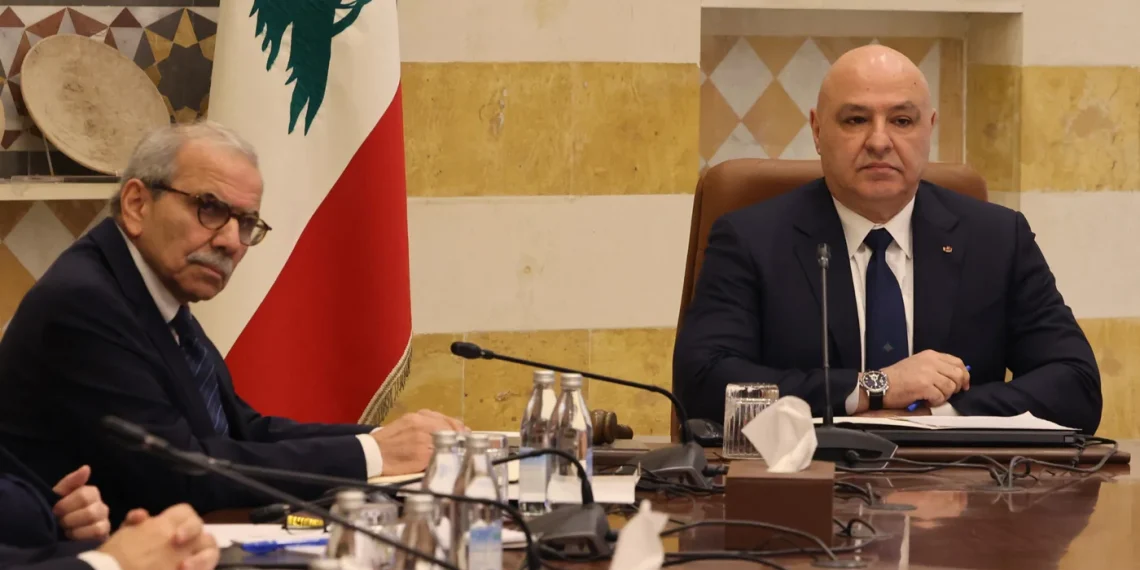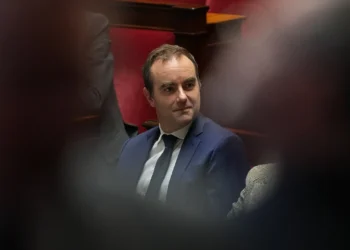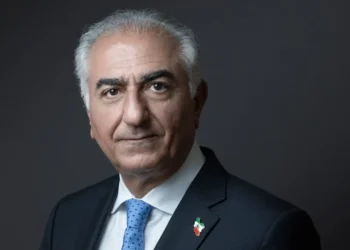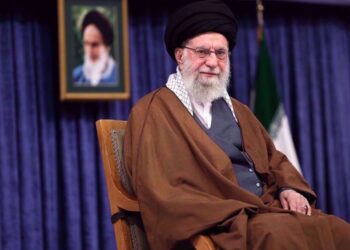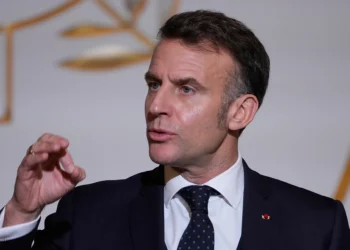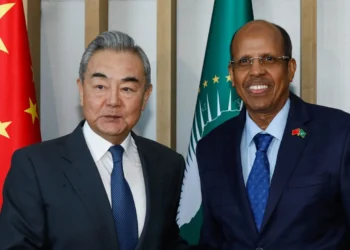BEIRUT (Realist English). Lebanon’s fragile political balance was shaken after the government of Prime Minister Nawaf Salam approved a U.S.-backed roadmap for Hezbollah’s disarmament — a decision that has drawn fierce opposition from the Shia movement and its allies.
The breakthrough followed Salam’s visit to Paris last month, where President Emmanuel Macron and other French officials made clear that Lebanon’s survival depended on reforms under international supervision, starting with curbing the arms of non-state actors. Without this, they warned, there would be no donor conferences, no UNIFIL renewal, and no guarantees against Israeli action.
Initially, President Joseph Aoun sought compromise by prioritising Palestinian arms and referring disarmament strategy to the Higher Defence Council. But under pressure from U.S. envoy Tom Barrack, Salam returned to Baabda Palace determined to adopt the proposal in full, with a binding timetable. On 7 August, the cabinet passed the plan despite the withdrawal of Shia ministers.
The roadmap requires the Lebanese army to present its implementation plan by 31 August, with phased disarmament running from September to December — moving from the Litani River to the Bekaa Valley.
Hezbollah denounced the move as a “grave sin,” accusing Salam of betraying prior commitments. Party officials warned that disarmament under occupation amounted to surrender to Israel, which still maintains positions in southern Lebanon despite the 2006 ceasefire agreement.
“The resistance will not hand over its weapons as long as aggression and occupation continue,” Hezbollah deputy leader Naim Qassem declared, vowing to confront any attempt to force the group’s hand.
Military sources, meanwhile, expressed concern that the plan risks putting the army in direct confrontation with Hezbollah’s support base, warning that preserving civil peace remains its primary mission.
For now, the decision has won Lebanon a reprieve from escalating Israeli threats and earned credit with Western capitals. But at home, it has deepened political fractures and raised the prospect of unrest, underscoring the perilous balancing act between international demands and domestic stability.


